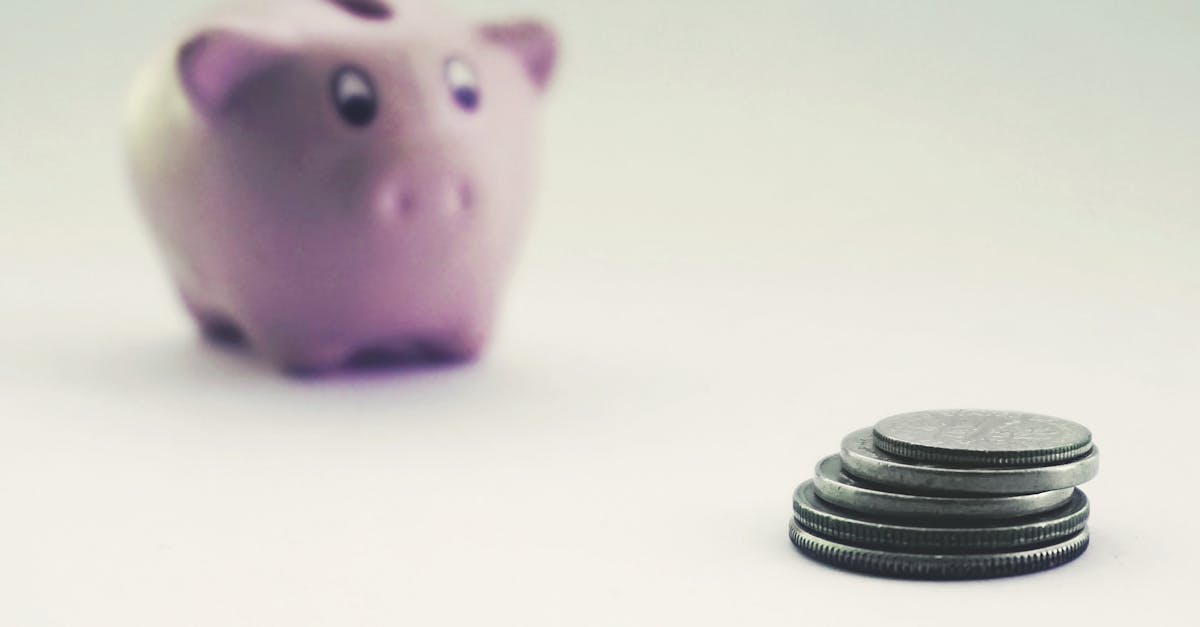
Introduction
In times of economic uncertainty, saving money becomes more important than ever. People may experience a reduction in income or increased living costs. Understanding effective strategies to conserve financial resources can help ensure stability and peace of mind.
Assess Personal Finances
The first step in saving money is understanding your current financial situation. Review your income, expenses, and debts to identify potential areas for savings. By evaluating where your money goes, you can make informed decisions about cutting unnecessary costs and prioritizing essential expenses.
Create a Budget
Budgeting is crucial in times of a down economy. A well-planned budget helps you allocate funds effectively, ensuring you can cover essential needs while limiting non-essential spending. Reevaluating and adjusting your budget regularly can reflect changes in your financial priorities or circumstances.
Limit Discretionary Spending
During economic downturns, it is wise to curtail discretionary spending. Cutting back on non-essential items such as dining out, entertainment, and luxury goods can result in significant savings. Focusing on needs rather than wants is imperative for maintaining financial health.
Seek Discounts and Deals
Take advantage of discounts, deals, and coupons to save money on necessary purchases. Being vigilant about sales promotions, loyalty programs, and discounts can lead to significant savings over time. Consider buying in bulk or opting for generic brands to further reduce expenses.
Reduce Energy Costs
Lowering utility bills can be an effective way to save money. Implementing energy-efficient practices, such as using energy-saving appliances, turning off unused lights, and insulating windows and doors, can diminish electricity and heating costs. Small adjustments can lead to noticeable financial savings over time.
Shop Smart for Groceries
Food expenses form a significant portion of most household budgets. Planning meals, making shopping lists, and using coupons can help control grocery costs. Consider seasonal produce and bulk purchases for non-perishable items. Avoid impulse buying by sticking to your grocery list.
Explore Additional Income Streams
In challenging economic times, augmenting your income can ease financial strain. Consider taking on a part-time job, freelancing, or exploring passive income opportunities. Diversifying your income sources can provide financial security and ease money-related stress.
Build an Emergency Fund
Establishing an emergency fund is crucial for financial stability in turbulent times. Aim to save a portion of your income regularly, building a fund sufficient to cover three to six months of living expenses. This safety net can provide peace of mind and financial resilience in unexpected situations.
Conclusion
In conclusion, saving money in a down economy requires strategic planning and disciplined financial habits. By assessing your financial situation, cutting unnecessary expenses, and exploring additional income sources, you can secure your financial future. Implementing these strategies offers peace of mind amid economic uncertainty.